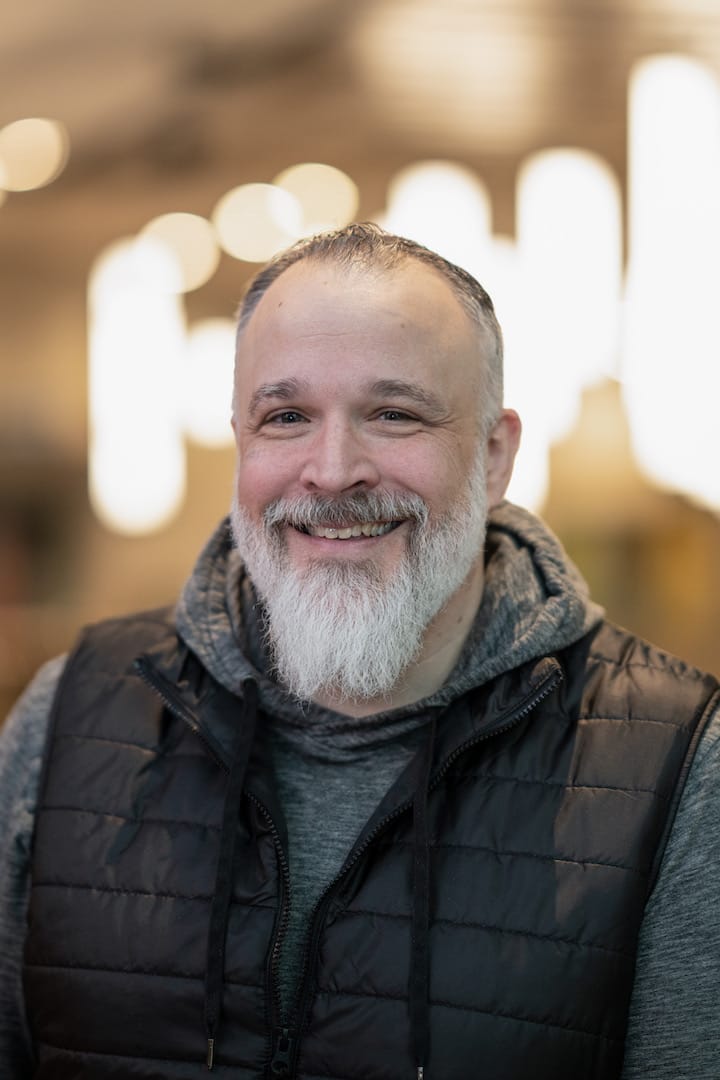

We’ve been following the account of King David and Mephibosheth in 2 Samuel 9. When King David summons Mephibosheth, he is found living in a place called Lo-Debar. Lo-Debar was not a nice place. It was isolated, dry, and desolate. Not your ideal vacation destination. If you were born in Lo-Debar, you likely couldn’t wait till the day you could leave. It was, however, the perfect place for someone like Mephibosheth to live a life of hiding.
Mephibosheth probably lived most of his life in Lo-Debar—hiding in fear that one day, King David would hunt him down and kill him. When he opened the door and saw the King’s servant standing there, he knew that he had been found. He probably wanted to flee, but was unable to because of his disability.
While scripture doesn’t give the details of his journey to meet King David, it is easy to wonder if Mephibosheth was filled with fear on this long ride back to Jerusalem. If he wasn’t filled with fear maybe he was filled with hatred. Perhaps he grew up resenting David for the fact that his grandfather King Saul and his father Jonathan were dead. What if he blamed David for the fact that he became disabled and had to live a life of hiding and shame?
Mephibosheth’s story takes an unlikely twist when he enters the palace. “When Mephibosheth son of Jonathan, the son of Saul, came to David he bowed down to pay him honor” (2 Samuel 9:6). As he bowed before David he might have wondered if this was the end of his life. Then everything changed. “‘Don’t be afraid,’ David said to , ‘for I will surely show you kindness for the sake of your father Jonathan. I will restore to you all the land that
belonged to your grandfather Saul, and you will always eat at my table.’” (2 Samuel 9:7) Wow! This is a life changing moment for Mephibosheth—but he is unable to hear it. He is unable to believe it or embrace it. Why? I believe it’s because he believed what others said about him and allowed that to become his identity.
In response to King David, Mephibosheth bowed down and said, “What is your servant, that you should notice a dead dog like me?” (2 Samuel 9:8)
A dead dog. Really? He thinks of himself as a dead dog. In that culture, this was essentially the most worthless thing you could believe about yourself. He believed this because in his society people affected by disability were considered a burden. They were considered worthless. In addition to that, he should have been killed when the kingship changed.
His false belief about himself stopped him from being able to hear the good news from the king. How often does this happen to us? We become consumed by what others think and say about us. When we start believing these false truths about ourselves, it prevents us from being able to see ourselves as God sees us.
Ask yourself this… Do you believe that God loves you and desires to show you kindness? Have you surrounded yourself with the truths that God speaks about you in Scripture, or have you become burdened by false truths that others have fed you?
King David not only spoke truth to Mephibosheth, but he took it a step further by restoring to Mephibosheth all the land that once belonged to his grandfather, King Saul. He also gave Mephibosheth a seat of honor at the king’s table. God wants to restore you too. It starts with believing about yourself what God already sees in you.
NOTE: This article first appeared on Irresistible Church.


